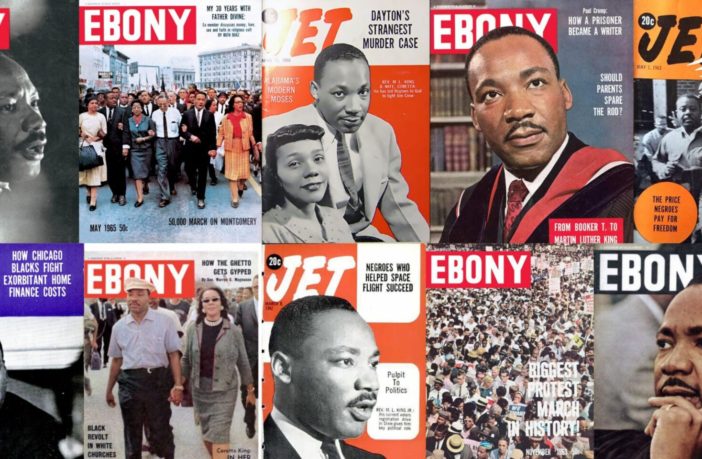A man of service, nonviolence and quintessential leadership, Dr. King’s fight for equality has embossed a permanent message of liberation and freedom into the framework of the Black community. In the decades since his death, the sacrifice and efforts toward justice and freedom have continued to prevail and we are collectively better for it.
This MLK Day, journey and reflect through a timeline of Martin Luther King Jr.’s life and legacy of activism through EBONY and JET magazine covers over the years.
May 1965
In 1965, Rev. Dr. Martin Luther King Jr. was tapped to lead the Montgomery Improvement Association which led boycotts in response to activist Rosa Parks’ arrest for not giving up her seat on the bus. The Montgomery Bus Boycott lasted over 380 days with King as one of the most prominent voices of this nonviolent movement.
May 1968
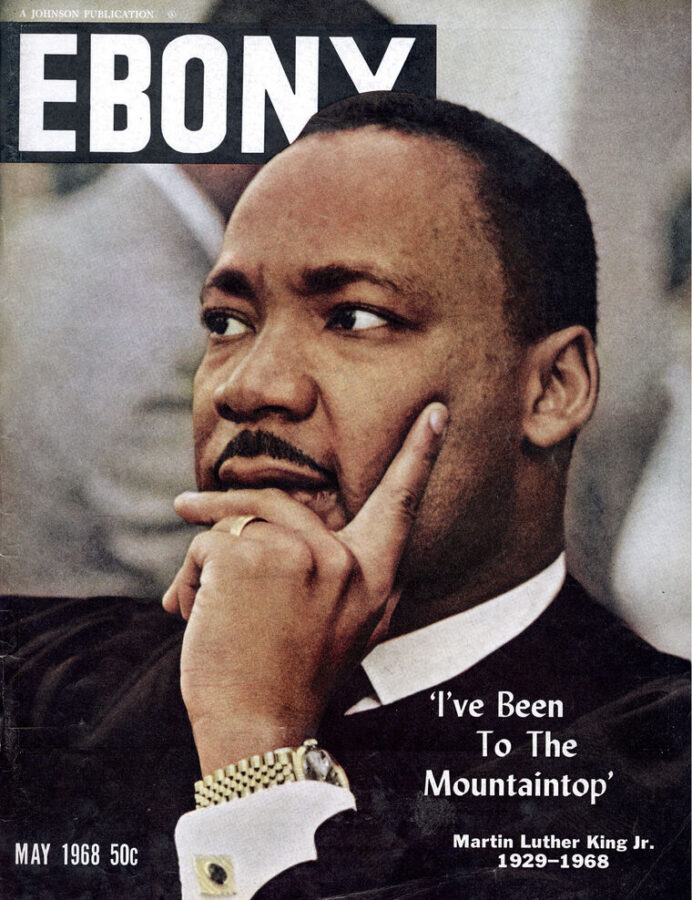
On April 4th, 1968, Martin Luther King Jr. was assassinated at the Lorraine Motel in Memphis, Tennessee. His death shook the nation and left a deep wound within the soul of Black America, the civil rights movement and our country.
September 1968
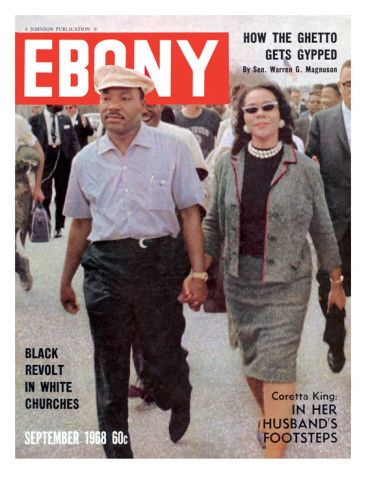
The King family has been monumental in the continuance of Dr. King’s legacy. Specifically, his wife, Coretta Scott King, was an equally passionate and fierce civil rights leader who strived to uplift her husband’s memory in all ways possible. Her efforts largely contributed to the passage of the bill to institute Martin Luther King Jr. Day as a national holiday in 1983.
April 1970
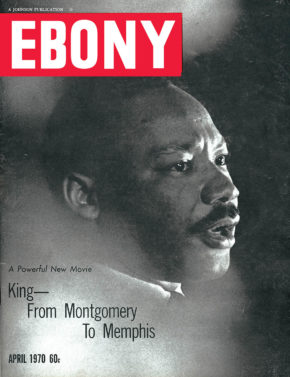
The documentary King: From Montgomery to Memphis highlighted the most significant moments of activism in Dr. King’s career through the usage of news reels and unretouched footage. The Academy Award nominated film was selected for preservation by the Library of Congress.
April 12, 1956
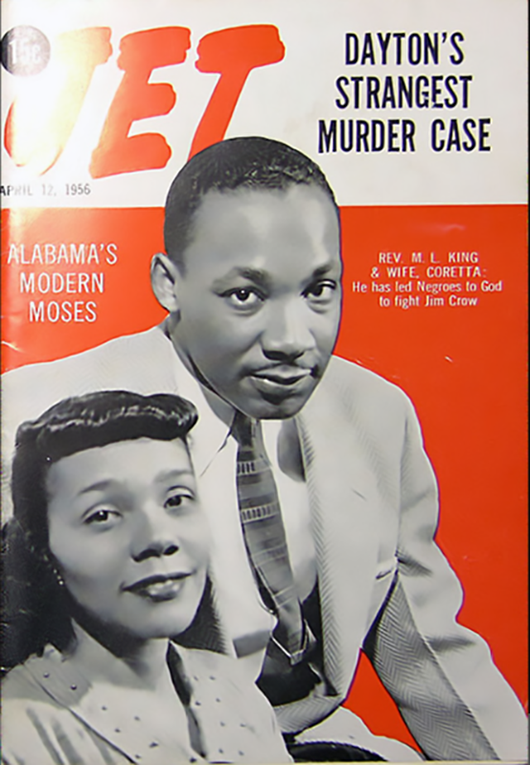
Rev. Martin Luther King Jr. and his wife Coretta Scott King were #BlackLove at a time where it was most hated yet most needed. The activst power couple met in Boston, Massachusetts where the soon-to-be Dr. King was pursuing his doctoral degree at Boston University and the then Ms. Scott was attending the New England Conservatory of Music as a voice student. The pair married in 1953.
March 8, 1962
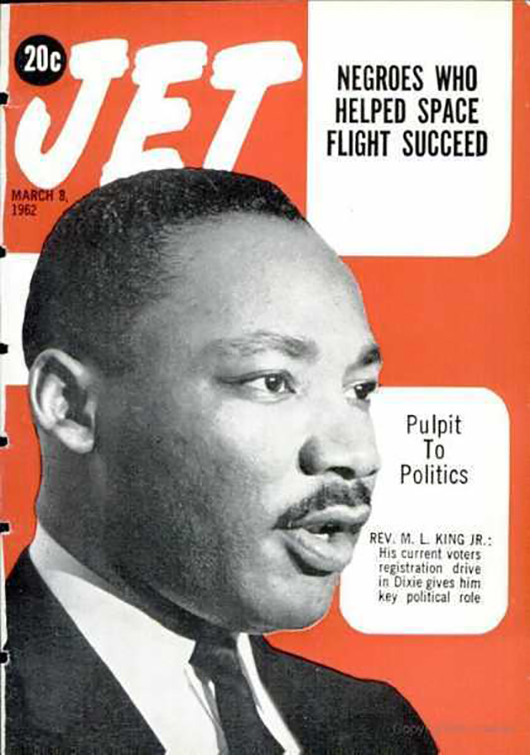
In his own way, Dr. King was a radical activist who challenged societal structures and racism through the combination of religion, reason and peaceful politics. Through mobilizing clergy members into action with the Southern Christian Leadership Conference, he was able to expand the reach of the civil rights movement in the religious arena.
May 2, 1963
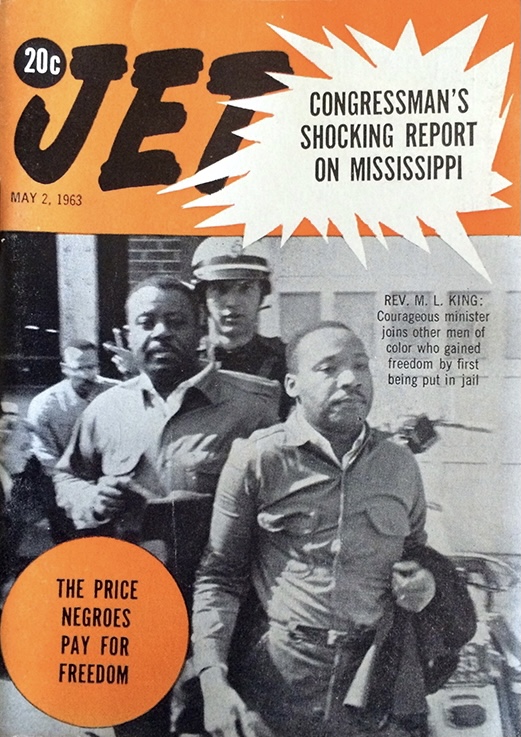
Throughout his career, Dr. King endured various stints in jail on account of his activism. One of his most poignant bodies of work Letters From Birmingham Jail was written during his time in Birmingham City Jail. Penned in 1963, the open illuminated the trials and events that King bore witness and participated in during the civil rights movement. This piece of literature continued to shape the movement and laid the foundation for what we recognize as protest today.
March 12, 1964
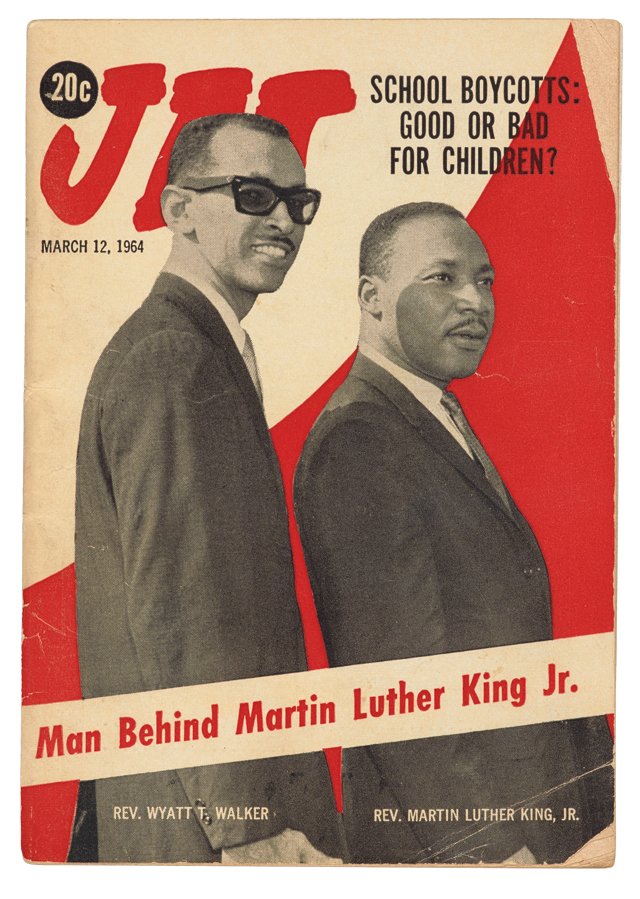
The company of equal minded activists and liberationists exemplified the power of unified struggle and organization against the perils of oppression in its many forms. John Lewis, Bayard Rustin and Rev. Wyatt T. Walker are examples of the many individuals who stood beside Martin Luther King Jr. and pushed the cause forward. Walker was a clergyman, historian and civil rights activist who was King’s Chief of Staff and a primary strategist in the nonviolent movement. In the fight for equity, individuals are needed at all intersections and fronts and Dr. King recognized and valued their impact. Walker passed away in 2018 at the age of 90.
January 22, 1970
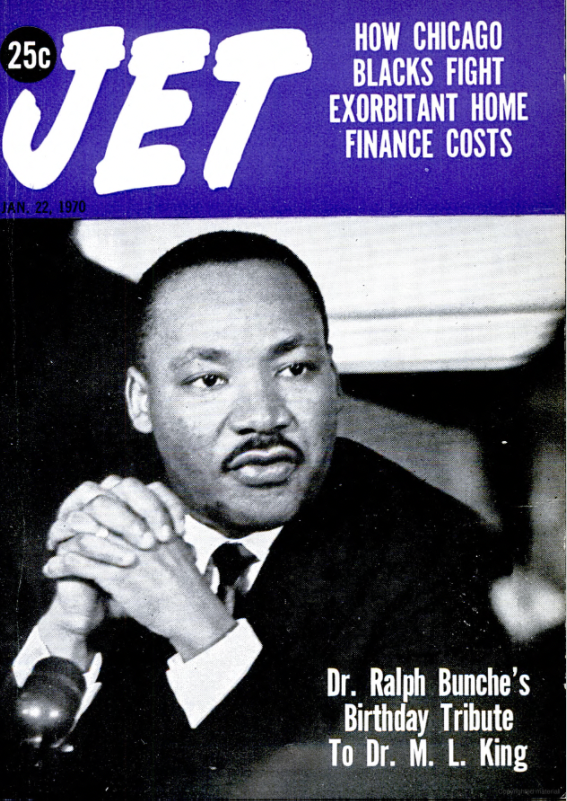
Ralph Johnson Bunche was an educator and political scientist whose reflections and activism impacted the course of the civil rights movement. He was awarded a Nobel Peace prize in 1950 for his anti-colonial efforts in Israel. His work, much like Dr. King’s, informed the greater understanding and strategy of the movement. The bill for a national holiday celebrating the iconic civi rights leader had failed to pass in 1970. In Dr. Ralph Bunche’s Tribute to Dr. King, an interview written and conducted by EBONY and JET’s founder and Executive Editor John H. Johnson, the article elucidated the impact that commemorating Dr. King with a national holiday would have on the country.
